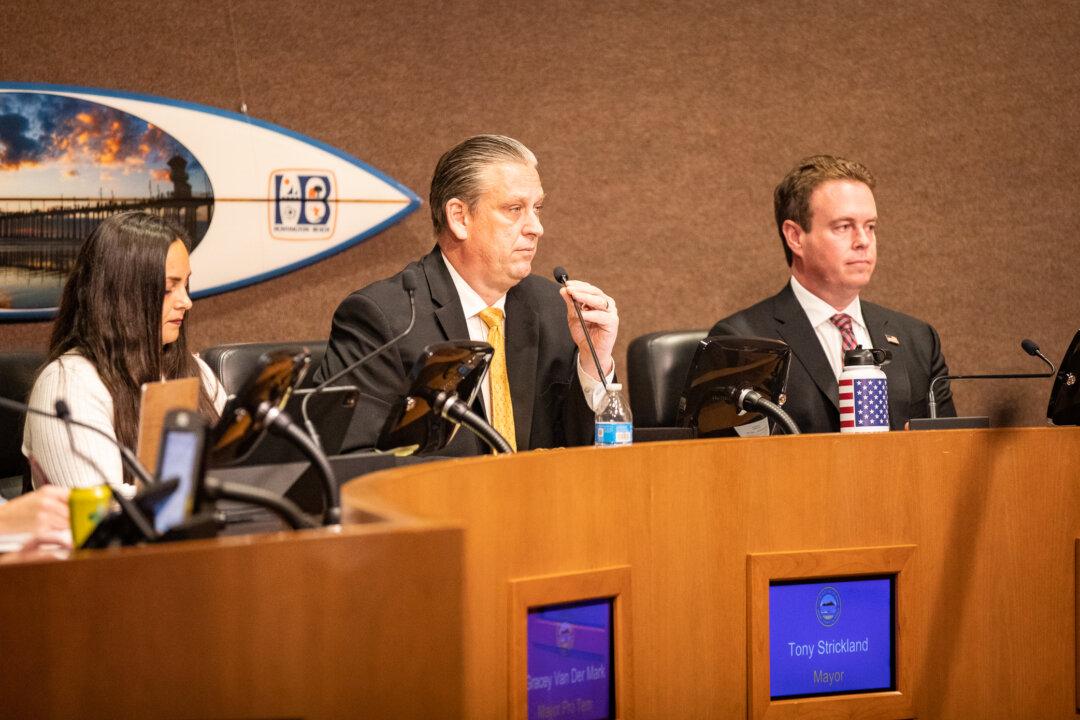A week after a San Diego Superior Court Judge paused a lawsuit filed by the state against Huntington Beach over its unwillingness to follow California mandates to build affordable housing, the city’s own lawsuit on the same issue filed in federal court against the state was dismissed Nov. 14.
City officials said they would appeal the latest decision.





